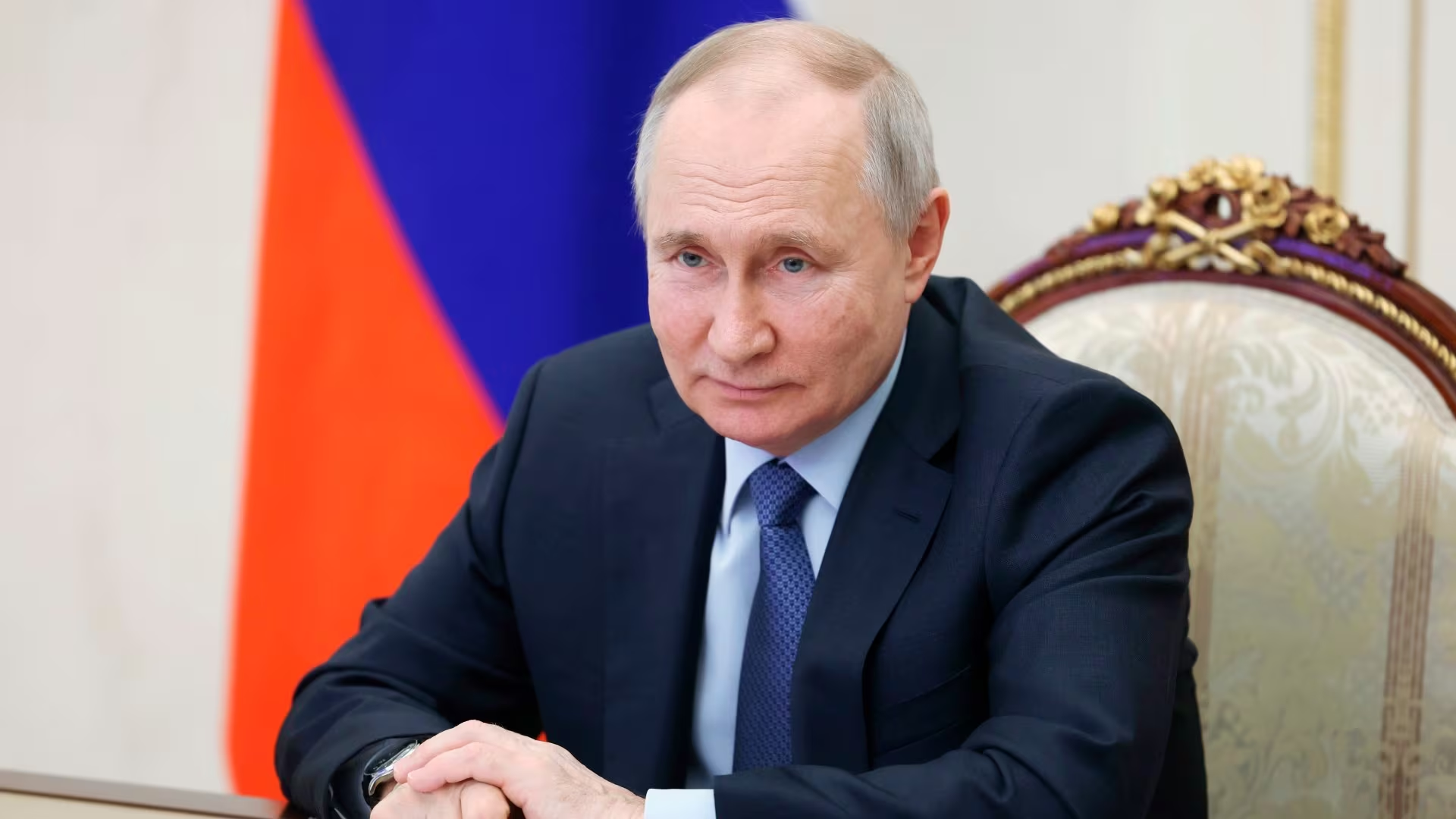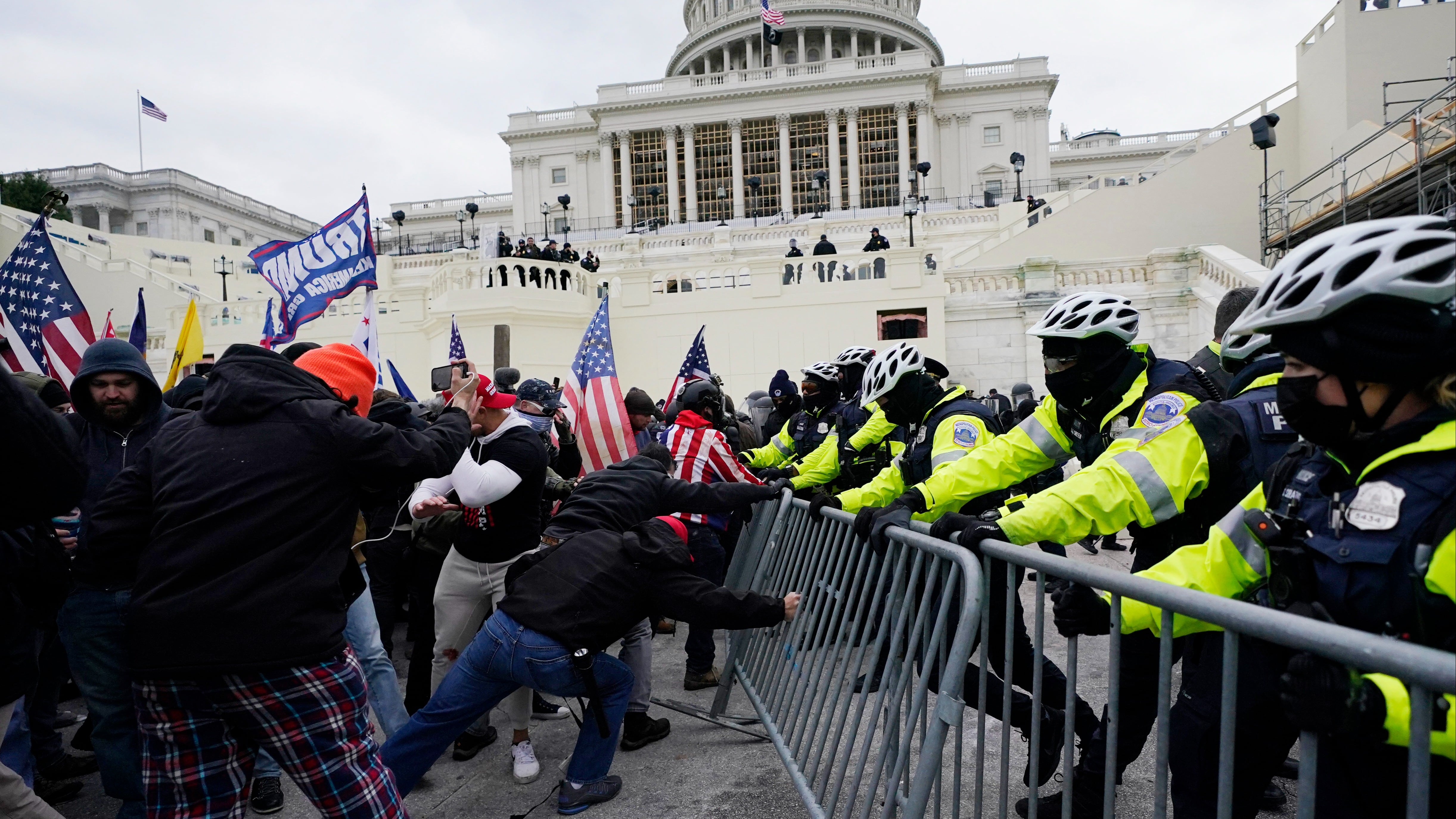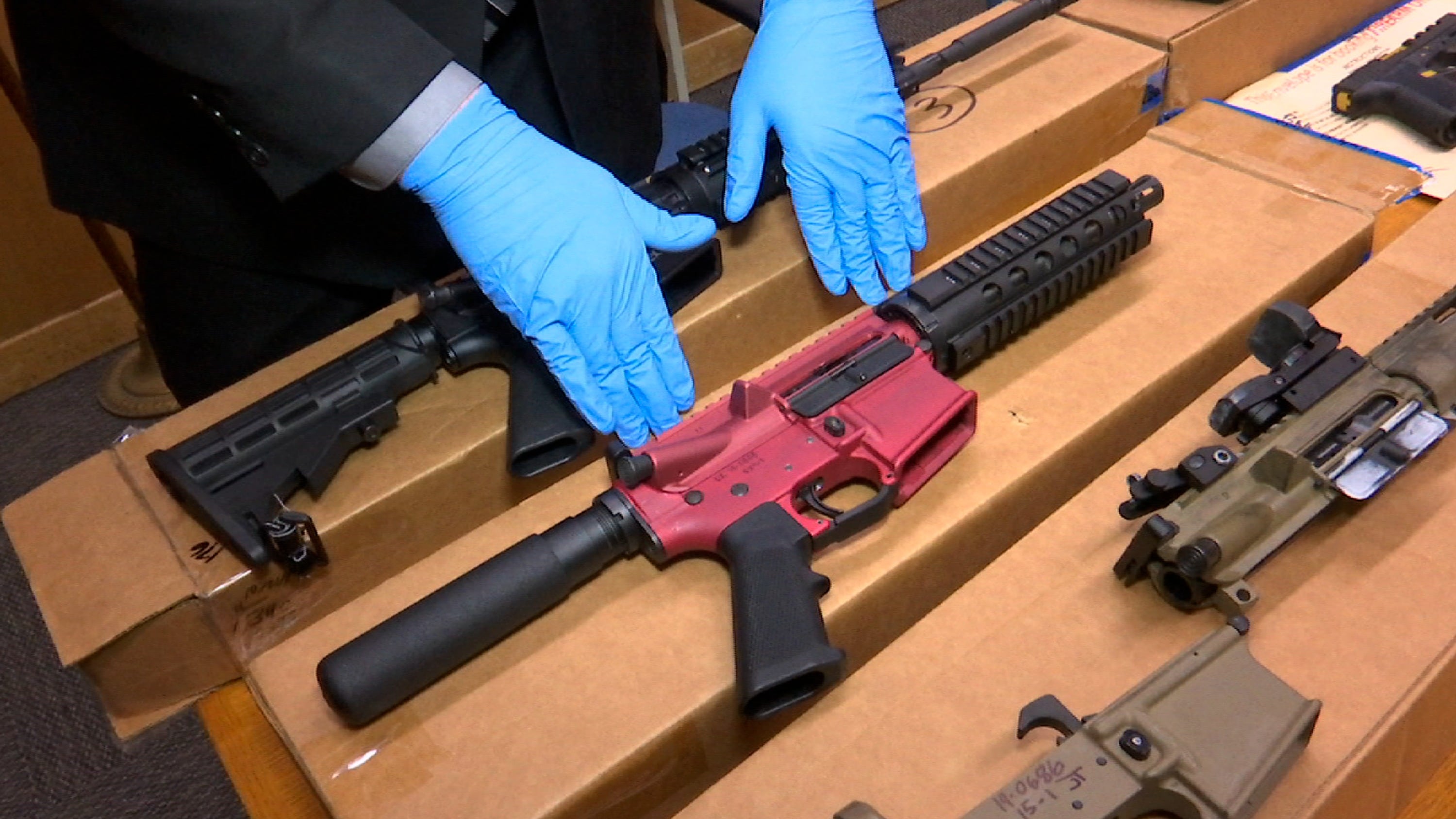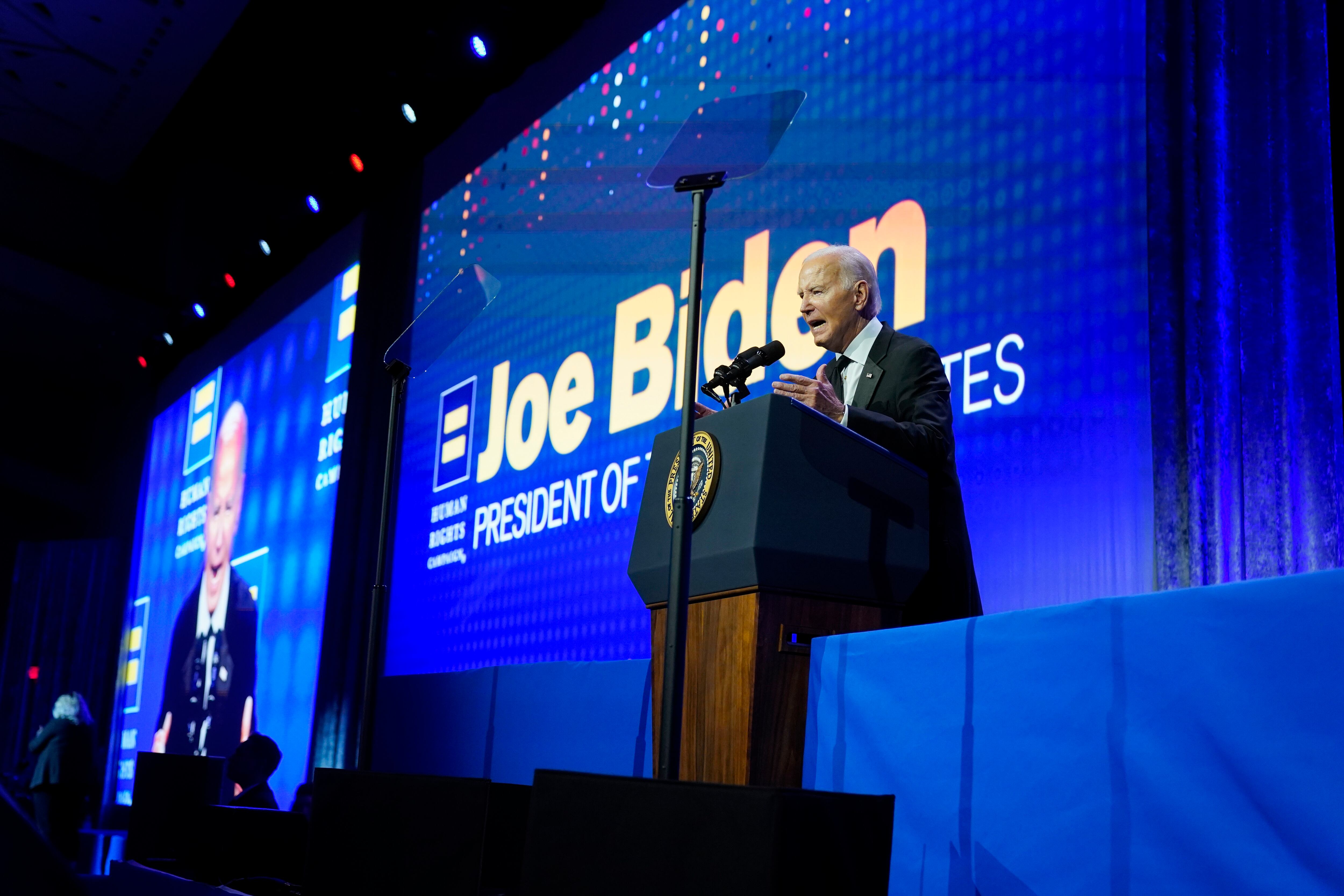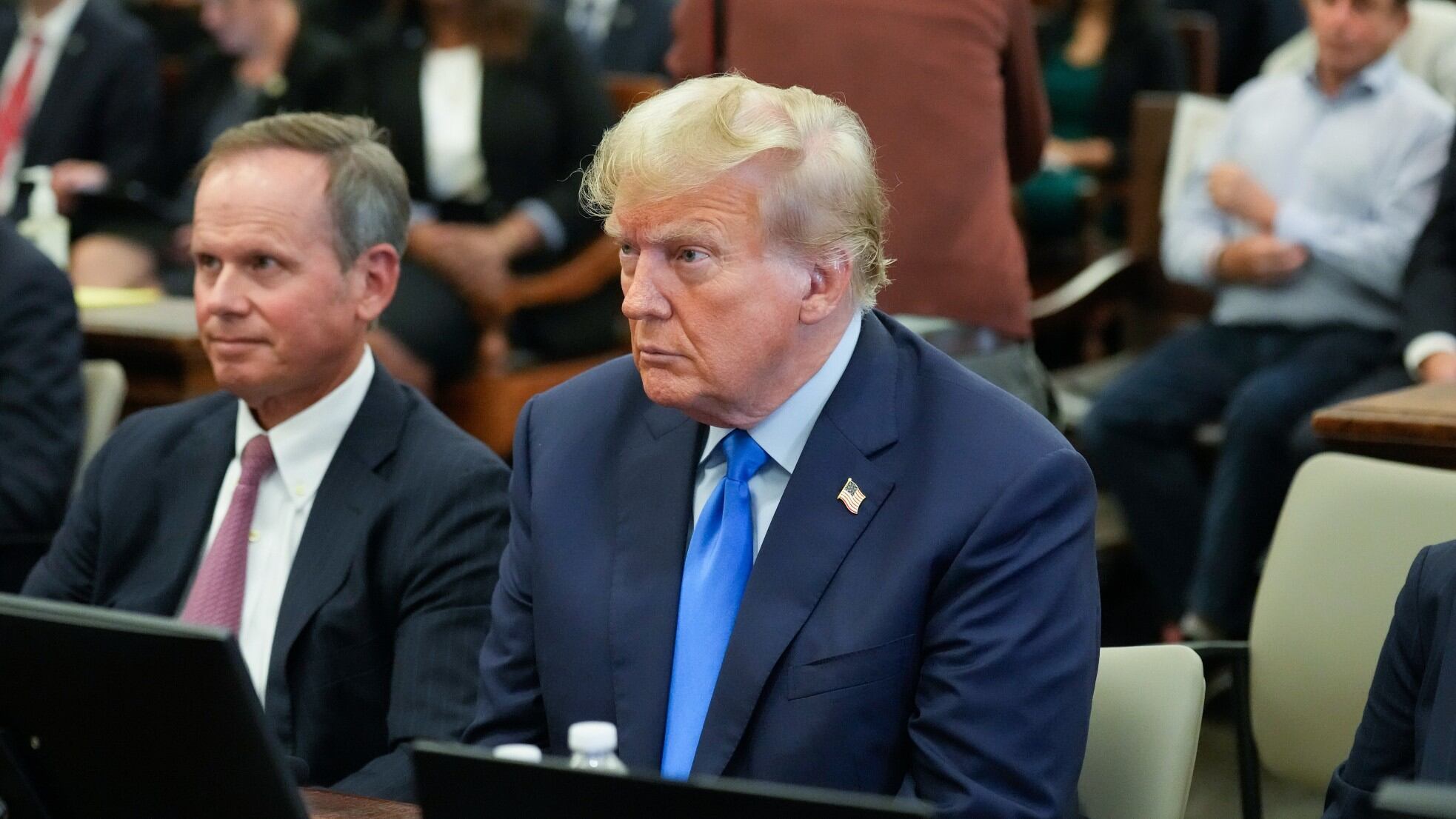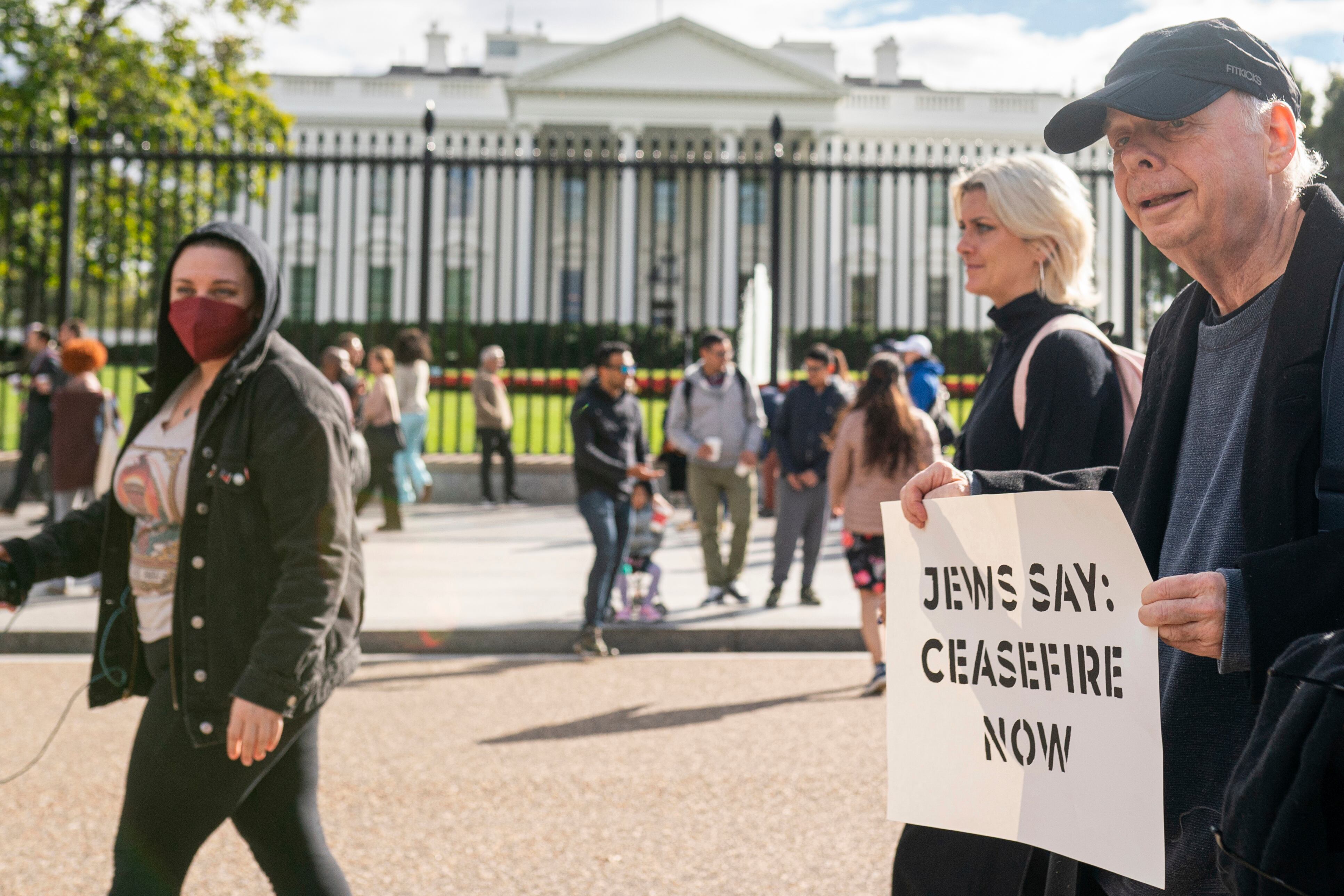With a vote of 97-2, the Senate passed a bill Tuesday that will fund the 9/11 Victims Compensation Fund through 2090.
The fund was originally established in the months following the September 11 terrorist attacks to support the families of the victims killed, as well as survivors living with injuries.
The law, which required reauthorization, was expected to expire next year.
The fund has received more requests in recent years for serious illnesses related to the attacks and cleanup, according to CNN reporting.
The House approved the new legislation earlier in July, and President Donald Trump is expected to sign the bill.
Comedian and former “Daily Show” host Jon Stewart, an ardent supporter of the first responders to the September 11 attacks, had heavily lobbied for the legislation, and testified on Capitol Hill alongside some of the first responders.
Sen. Rand Paul objected to the bill on the grounds that passing the legislation would require other expenditures to be cut, which delayed its passage in the Senate.
The fund is expected to cost $10.2 billion over the next decade, according to the Congressional Budget Office.
The bill’s full title is “Never Forget the Heroes: James Zadroga, Ray Pfeifer, and Luis Alvarez Permanent Authorization of the September 11th Victim Compensation Fund Act,” named after three first responders who died from 9/11-related illnesses.
Russian President Vladimir Putin arrived in Beijing, underscoring China's continued support of Moscow amid Russia's ongoing war in Ukraine.
The Justice Department is appealing the prison sentence of the lengths of four Proud Boys leaders who were convicted in the January 6th Capitol attack.
Supreme Court Justice Amy Coney Barrett endorsed the idea that the court adopt a formal code of conduct.
The Supreme Court ruled it would allow the Biden administration to regulate so-called ghost guns, or those untraceable homemade weapons, and also barred two Texas-based manufacturers from selling products that can be turned into ghost guns.
The Commerce Department on Tuesday updated and broadened its export controls to stop China from acquiring advanced computer chips and the equipment to manufacture them.
And in a surprise move, President Joe Biden has joined former President Trump's Truth social platform.
The Supreme Court ruled it would allow the Biden administration to regulate so-called ghost guns, or those untraceable homemade weapons, and also barred two Texas-based manufacturers from selling products that can be turned into ghost guns.
Former President Donald Trump returned to a New York City courtroom Tuesday to watch the civil fraud trial that threatens to disrupt his real estate empire, renewing his claims that the case is a baseless and politically targeted distraction from his 2024 campaign.
Over 30 people were arrested outside of the White House Monday during a protest against the Israel-Hamas war.
President Joe Biden swept into wartime Israel for a 7 1/2-hour visit Wednesday that produced a heaping dose of vocal support and a deal to get limited humanitarian aid into Gaza from Egypt.

